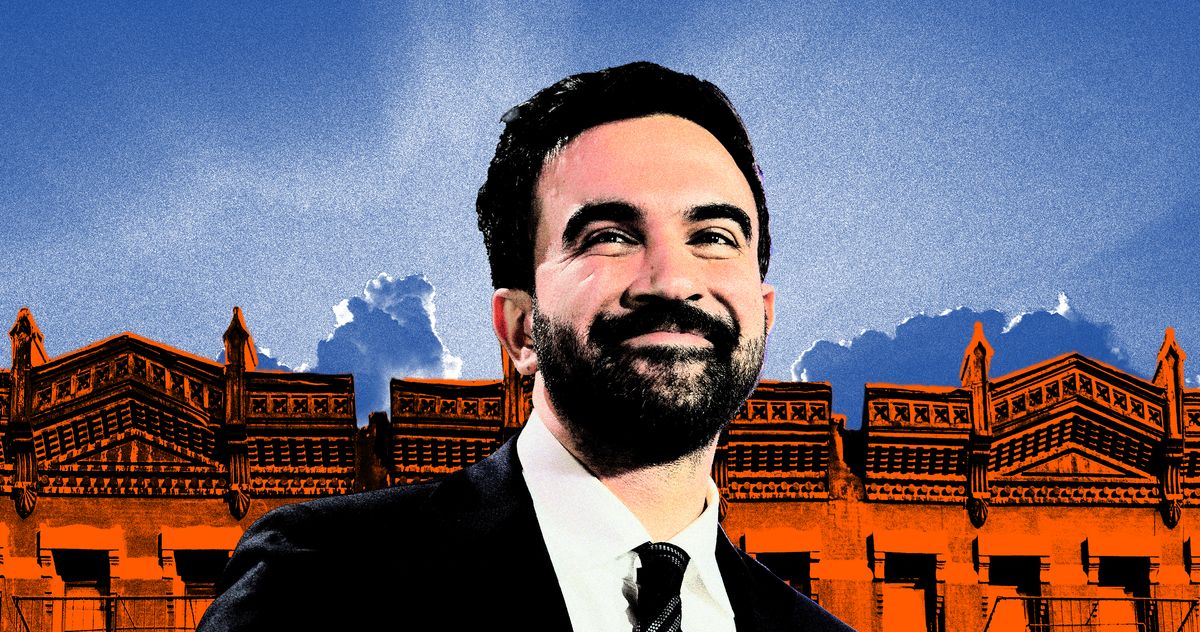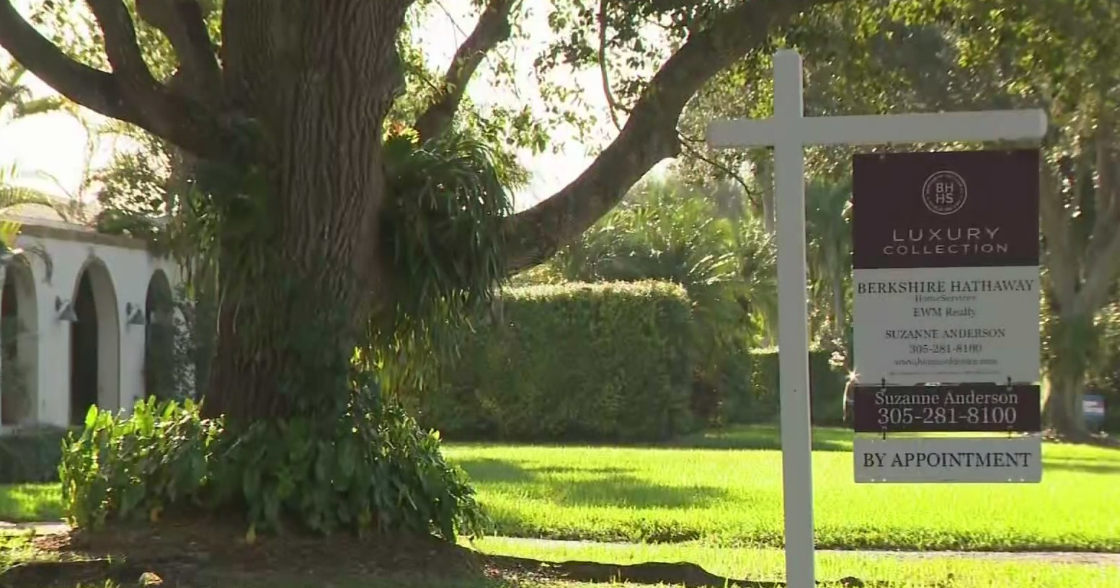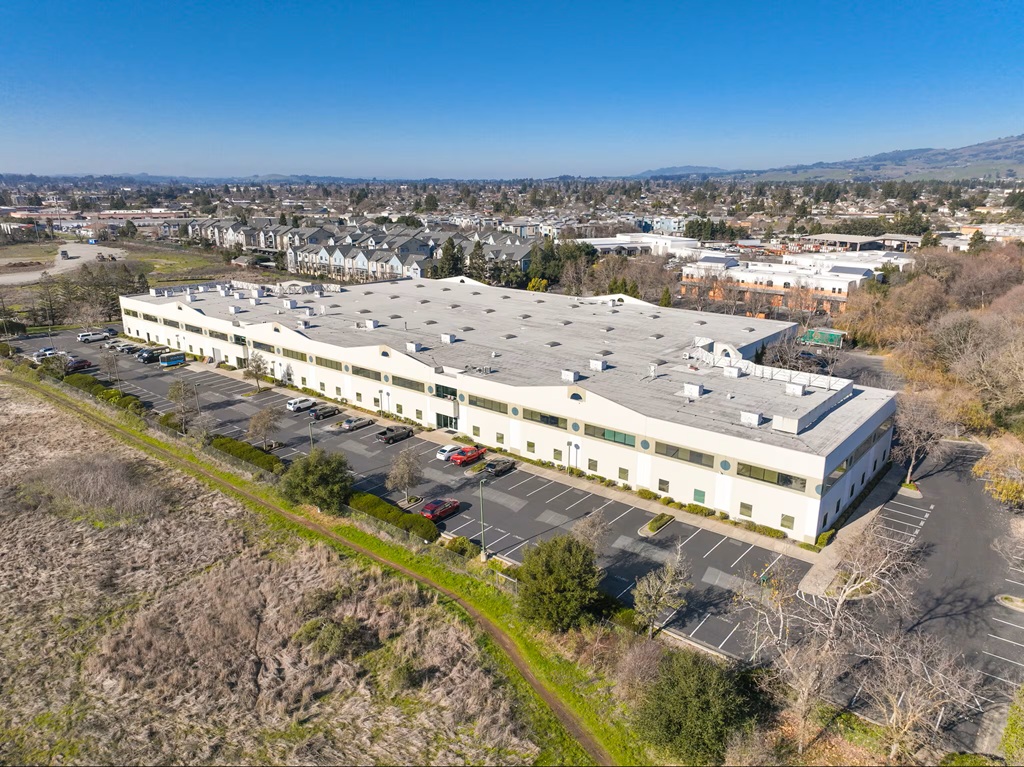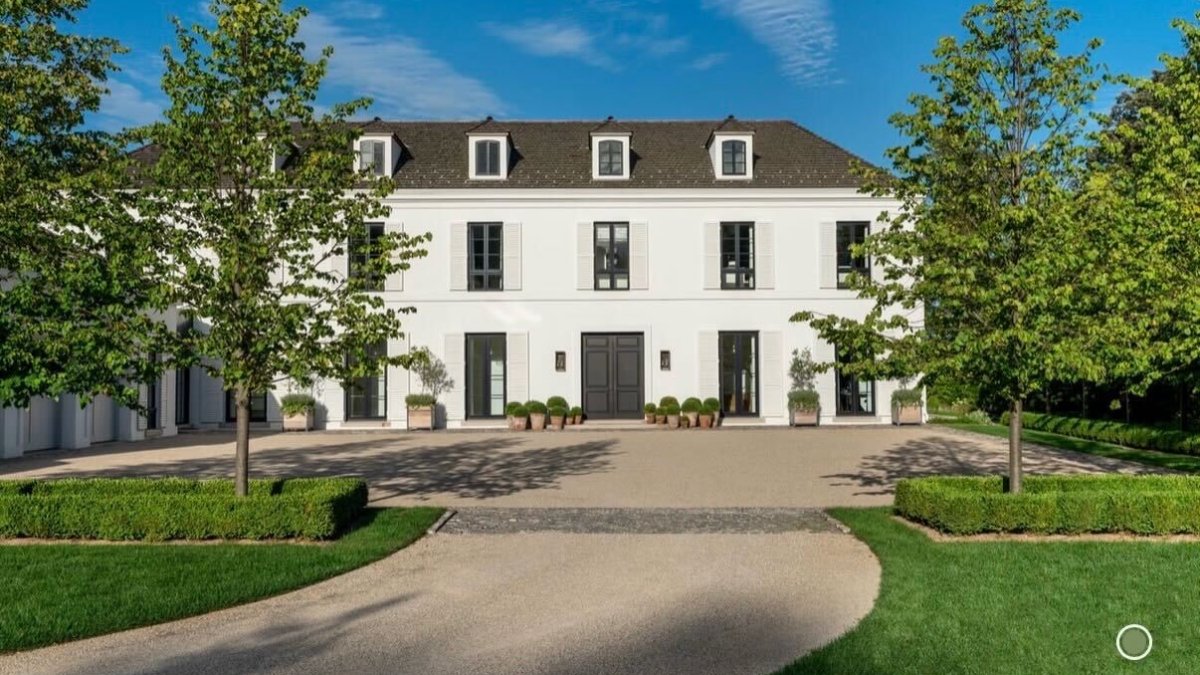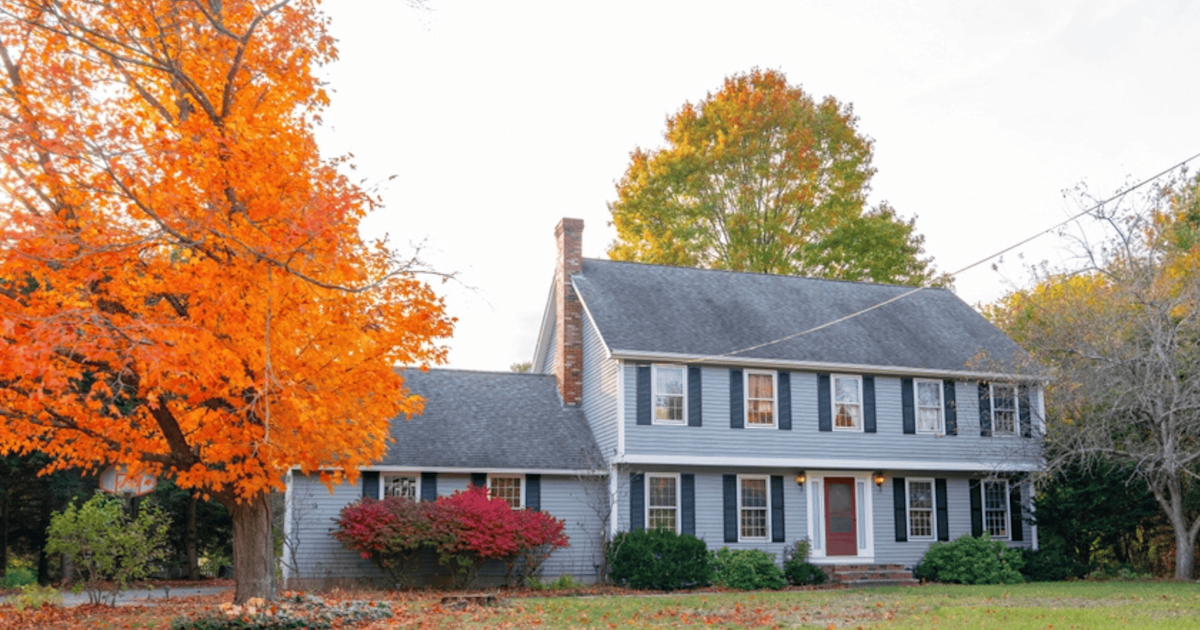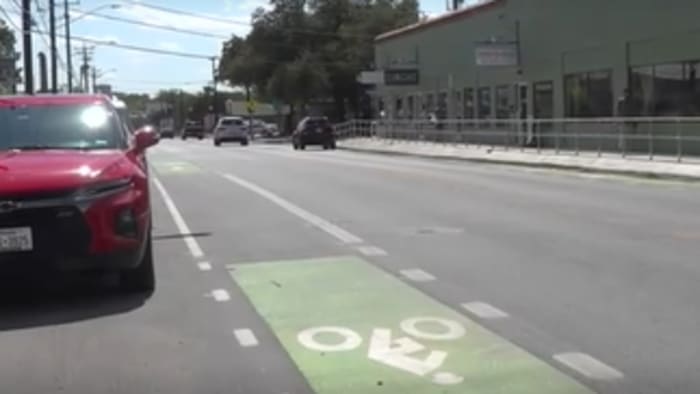A
fter Zohran Mamdani secured the Democratic nomination this summer, several luxury real‑estate agents admitted to a nervous reaction. They had long touted New York’s market resilience—surviving 9/11, the 2008 crash, COVID, and the mansion tax—yet they had also watched clients leave or shrink to pied‑à‑terres post‑pandemic. The fear was that Mamdani’s win might trigger a similar exodus.
So far, the market has shown only subtle shifts. Brokers report that buyers, rather than sellers, are reacting. A Manhattan broker told me two clients eyeing $4 million+ apartments are now hoping for price cuts after the election. Another agent noted that some buyers believe a Mamdani victory could cool Brooklyn townhouse prices. Dolly Lenz, of Dolly Lenz Real Estate, warned that if Mamdani cuts police funding, townhouse owners might prefer doorman buildings, leading to a surge in listings. In a more aggressive move, a Douglas Elliman agent, Keyan Sanai, relayed a buyer who offered 18 % below asking for a doorman apartment, citing mayoral uncertainty and the appeal of a cash, contingency‑free deal. The seller rejected the offer.
Sellers, meanwhile, have largely held firm. Peter Zaitzeff of Serhant says the chatter is “just talk.” He cites low post‑COVID interest rates and a steady stream of buyers: a $3.2 million Spring Street unit, a $1.9 million Lafayette condo, and a client in the $18–20 million range with multiple offers. When the market dips, some buyers simply wait in the Hamptons. Zaitzeff notes that while a few New Yorkers moved to Florida during COVID, most returned because year‑round living in Florida isn’t practical. Lindsay Barton Barrett, a Douglas Elliman broker focused on Brooklyn townhouses, points out that the “fleeing New York” narrative peaked in summer when the market was already sluggish; it quieted as fall activity resumed. A luxury broker who supports Andrew Cuomo reports that business has been busy since the primary.
Melissa Leifer of Keller Williams NYC says buyers and sellers are more concerned about the Fed’s next chair than Mamdani’s win. She believes owners are savvy enough not to panic and that a potential Trump‑appointed Fed official could slash rates next spring. A few brokers mentioned a rumor of a “Mamdani clause” in a sales contract—allowing cancellation if Mamdani wins—but no credible source confirmed it, and an anti‑Mamdani broker dismissed it as nonsense.
The only tangible Mamdani effect noted came from Zach and Heather Harrison of a Compass team in Westchester. The suburban market has been volatile since COVID, with inventory far below demand. Typically, fall is slow, but this year showings of single‑family homes have risen 30 % from June, the usual “go” period. Instead of exploratory calls, buyers are urgently requesting tours. The Harrisons recently listed a 1960s Colonial fixer‑upper in Scarsdale for $1.5 million, attracted 75 showings in five days, and received 24 offers, ultimately selling $700,000 above asking. While Mamdani is frequently mentioned, no one is moving to the suburbs who wasn’t already planning to. The Harrisons suggest the fall frenzy stems more from fear of other buyers fleeing to the suburbs than from tax hikes or crime. In competitive markets like Rye or Chappaqua, the real terror of a Mamdani win is simply increased competition.
In short, the market remains largely unchanged. Buyers are cautiously optimistic about potential price drops; sellers are holding steady; and the suburban surge appears driven by supply‑demand dynamics rather than political uncertainty. The wealthy New Yorker’s mantra—“New York is resilient”—continues to hold, with most investors choosing to stay and wait for market signals rather than flee.
